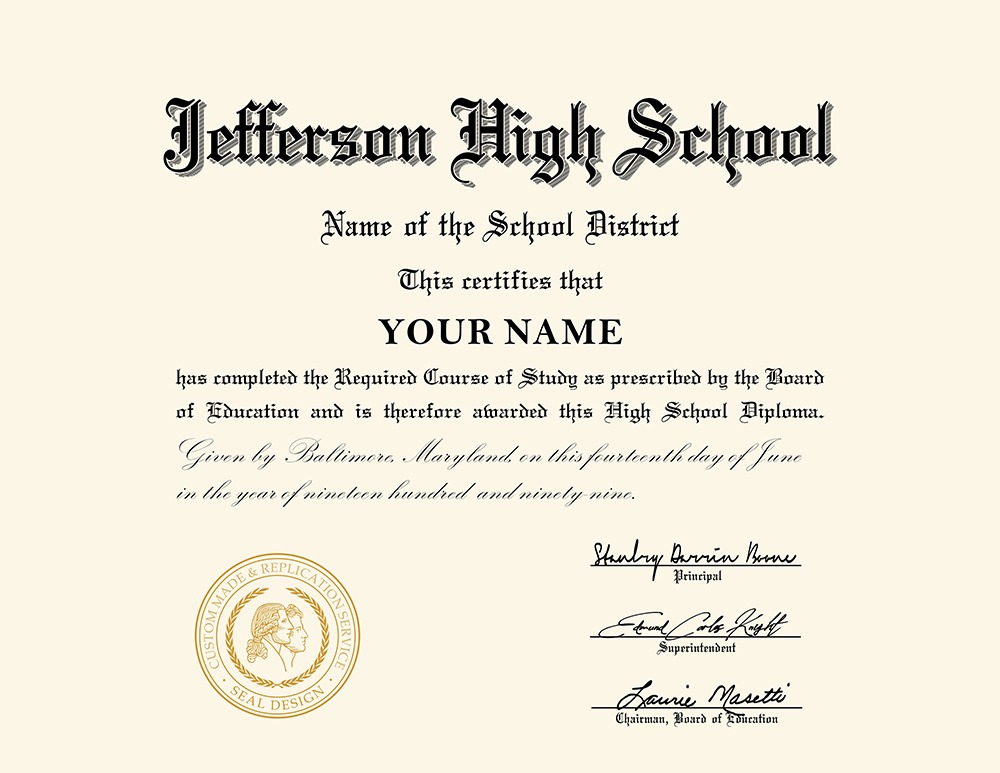Comprehending the Apostille Refine: A Comprehensive Guide to International Document Verification
Navigating the elaborate landscape of international paper authentication can be daunting without a clear understanding of the apostille procedure. This guide thoroughly describes the needed actions, from identifying which files require qualification to submitting them for confirmation by the Competent Authority. Understanding the relevance of an apostille and acknowledging prospective pitfalls, such as insufficient entries and language barriers, can dramatically enhance the verification journey. What exactly defines an apostille, and why is it so important for documents predestined for Hague Convention nations? These concerns form the structure of our exploration into this essential legal procedure.
What Is an Apostille?
An apostille is an official accreditation that validates the authenticity of a file for use in one more nation. This certification, released by a designated authority in the nation where the record stemmed, makes sure that the document is identified as legitimate and reputable in the worldwide sector. The process of obtaining an apostille involves a number of actions, including the verification of the file's trademarks, seals, and stamps by suitable governmental bodies.
The apostille serves as a globally identified form of authentication, implemented by the Hague Convention of 1961. This treaty, officially referred to as the Hague Convention Abolishing the Requirement of Legalisation for Foreign Public Papers, systematizes the process of file certification among member countries. The apostille itself is a standard certification which contains certain information, such as the releasing authority, the nation of beginning, and the date of issuance.
It is essential to keep in mind that not all papers are eligible for an apostille. Commonly, public documents like birth certifications, marital relationship licenses, court orders, and educational diplomas receive this accreditation. Personal papers, such as contracts and agreements, might call for registration and added steps to qualify.
Value of Apostille
Recognizing what an apostille is establishes the stage for appreciating its relevance in worldwide transactions. houston tx apostille. An apostille, basically a form of certification issued by an assigned authority, confirms the credibility of a document for use in foreign countries that are signatures to the Hague Apostille Convention. This standard procedure eliminates the demand for further legalization by embassies or consular offices, thereby streamlining international purchases
The relevance of an apostille can not be overemphasized. It makes sure the reputation and acceptance of vital papers-- such as copyright, marriage licenses, and educational diplomas-- throughout borders. For organizations, it assists in the smooth conduct of global trade, mergers, link and purchases by giving a trusted technique of record verification. This lowers administrative obstacles, saving both time and sources.
Additionally, an apostille enhances lawful safety and security and compliance. Governments and organizations can confidently count on the authenticity of records bearing an apostille, mitigating the risk of scams and misrepresentation.
Records That Require Apostille
When involving in worldwide transactions or lawful matters, details files usually demand the authentication offered by an apostille. This ensures their acknowledgment and acceptance in nations that are signatures to the Hague Apostille Convention. Frequently, personal records such as birth certifications, marital relationship certifications, and fatality certificates require an apostille, particularly when they are utilized for processes like migration, marital relationship abroad, or worldwide probate issues.
Educational records are an additional category frequently needing apostilles. Diplomas, transcripts, and scholastic documents typically require this authentication for purposes such as pursuing further education, employment, or specialist licensing in a foreign nation (houston tx apostille). This action ensures that the documents are identified as legit and legitimate
Lawful papers, including powers of attorney, affidavits, and court orders, also typically necessitate apostilles. Service files such as certifications of incorporation, bylaws, and industrial agreements might need an apostille to assist in worldwide profession, establish foreign branches, or take part in cross-border legal procedures.
Actions to Get an Apostille

Getting an apostille includes a multi-step procedure that guarantees the authenticity and acceptance of your files in foreign countries. The first step is recognizing which documents need an apostille. houston tx apostille. Typical papers consist of birth certifications, marriage licenses, scholastic records, and company records
When determined, the document must be certified by the ideal providing authority. This might include notarization by a notary public or verification by a neighborhood or state official, depending on the kind of file. After qualification, the file needs to be sent to the designated Competent Authority in helpful site the paper's country of origin. In the United States, for instance, this is usually the Secretary of State's workplace for every state.
The submission procedure typically calls for a completed application kind, the original record, and a fee. Some territories may use the alternative of expedited processing for an added fee. Upon effective confirmation, the Competent Authority will fasten the apostille certificate to the document, consequently confirming its authenticity.
Usual Challenges and Solutions
Navigating the apostille process can present a number of usual obstacles that, if not properly dealt with, may delay or make complex record authentication. Each country has specific requirements for the types of files that can be apostilled, and any discrepancy from these can result in being rejected.
One more typical difficulty is comprehending the different handling times. Handling times can vary dramatically in between nations and also in between various areas within the exact same country. It is important to represent these variations when planning the apostille process to avoid unexpected delays.
In addition, language obstacles can present considerable challenges. Papers in a foreign language frequently require certified translations, and any kind of mistakes in translation can cause additional issues. Engaging a professional translation solution can alleviate this risk.

Verdict
Mastering the apostille procedure significantly boosts the effectiveness of international document verification. By comprehending the requirement of identifying and accrediting called for files, and navigating the submission to the Competent websites Authority, the process comes to be much more convenient.